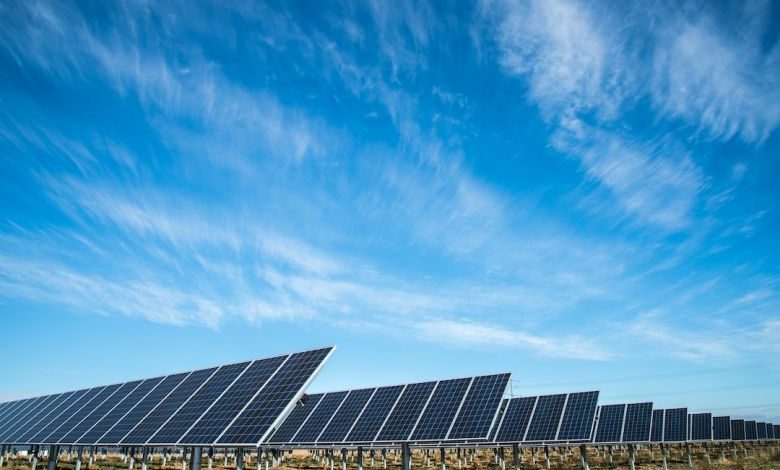What Are the Benefits of Using Solar Energy in Home Construction?

In recent years, there has been a growing trend towards incorporating solar energy into home construction. As the world continues to grapple with the effects of climate change and the need for sustainable energy sources becomes more urgent, many homeowners are turning to solar power as a viable solution. Solar energy offers numerous benefits that make it an attractive option for those looking to build or renovate their homes. In this article, we will explore some of the key advantages of using solar energy in home construction.
1. Lower Energy Costs
One of the primary benefits of using solar energy in home construction is the potential for significant cost savings. Solar panels generate electricity by harnessing the sun’s rays, which means homeowners can reduce their reliance on traditional energy sources. By installing solar panels, homeowners can generate their own electricity and potentially reduce or even eliminate their monthly energy bills. Additionally, any excess energy produced can be sold back to the grid, further offsetting costs.
2. Environmental Sustainability
Solar energy is a clean and renewable source of power, making it an environmentally friendly choice for homeowners. Unlike fossil fuels, solar energy does not produce harmful greenhouse gas emissions that contribute to climate change. By utilizing solar power, homeowners can reduce their carbon footprint and contribute to a more sustainable future. Furthermore, solar panels require minimal maintenance and have a long lifespan, resulting in less waste and a smaller environmental impact compared to traditional energy sources.
3. Energy Independence
Another advantage of using solar energy in home construction is the potential for energy independence. By generating their own electricity, homeowners are no longer reliant on the grid for power. This can be particularly beneficial in remote areas where connecting to the grid may be costly or impractical. Solar power allows homeowners to have a reliable and self-sufficient energy source, providing peace of mind during power outages or disruptions in the grid.
4. Increased Property Value
Solar energy systems have become increasingly popular among homebuyers, and installing solar panels can significantly increase the value of a property. Studies have shown that homes equipped with solar panels tend to sell faster and at higher prices compared to homes without solar installations. This is due to the perceived long-term savings on energy costs and the appeal of environmentally friendly features. Investing in solar energy during home construction can, therefore, be a wise financial decision with a positive return on investment.
5. Government Incentives
To encourage the adoption of solar energy, many governments offer various incentives and tax credits to homeowners who install solar panels. These incentives can help offset the initial cost of installing solar panels, making it a more affordable option for homeowners. In some cases, homeowners may even be eligible for net metering programs, which allow them to receive credits or payments for the excess energy they produce and feed back into the grid.
6. Energy Security
Solar energy provides homeowners with a sense of energy security, as it is not subject to price fluctuations or supply disruptions that are often associated with traditional energy sources. By relying on the sun’s rays, homeowners can have a stable and predictable source of energy. This can be particularly beneficial in regions where energy prices are volatile or where power outages are common.
In conclusion, incorporating solar energy into home construction offers numerous benefits. From cost savings and environmental sustainability to increased property value and energy independence, solar power is a smart and practical choice. With government incentives and the growing availability of solar technology, there has never been a better time to consider harnessing the power of the sun for your home. By embracing solar energy, homeowners can not only reduce their energy costs but also contribute to a greener and more sustainable future.




